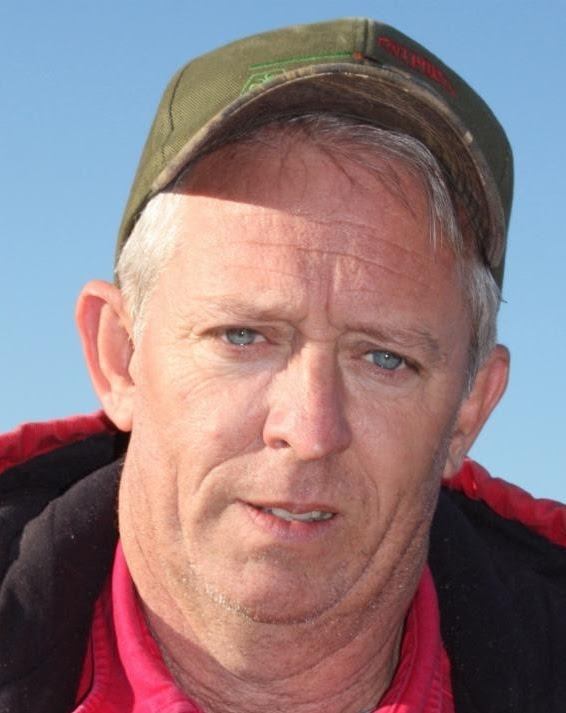 Trays in an east Tennessee greenhouse seeded March 8 were waiting for germination on March 13. Variations in temperature had the grower--Jeff Aiken of Tedford--worried about development of the seedlings. Trays in an east Tennessee greenhouse seeded March 8 were waiting for germination on March 13. Variations in temperature had the grower--Jeff Aiken of Tedford--worried about development of the seedlings.
You may soon produce liquid nicotine as an alternate crop. To date, the nicotine for electronic cigarettes (e-cigs) appears to have come from China, India and maybe Eastern Europe, says Rod Kuegel, burley and dark tobacco grower from Owensboro, Ky. "This product should be produced in the U.S. We [Americans] have the best controls on pesticide residues that exist in tobacco. If electronic cigarettes are supposed to be healthier, how can they use nicotine from tobacco that doesn't measure up to ours?" An effort is under way to see if this market could be developed, and he is sure that an experimental batch of liquid nicotine will be produced somewhere in the burley belt this year. However it is produced, the process should not be difficult for Americans to master, says Kuegel, who is president of the Council for Burley Tobacco.
E-cig manufacturers usually dissolve their liquid nicotine in a solution of propylene glycol, vegetable glycerin or polyethylene glycol, says N.C. Extension economist Blake Brown. The future of e-cigs is difficult to forecast: Brown says one projection suggests that e-cigs will overtake traditional cigarettes in sales volume by 2023. "We will just have to see how the technology advances," he says. "But it's one factor that could really impact the cigarette market in the future."
Reports from the field...
In the coastal plain of South Carolina, cold temperatures in February were bad enough. But Ben Teal of Patrick, S.C., says he was more worried about "three straight days when the sun didn't come out at all." But so far, his plants (seeded February 17) look good, he told TFN earlier today. "I got a pretty good germination, about 85 percent to 90 percent." He plans to bed up some land later this week if the weather cooperates and will start clipping for the first time next week.
In eastern Tennessee, extreme temperature changes after seeding didn't bode well for greenhouse plants, says Jeff Aiken, who farms in Tedford, Tn., between Greeneville and Johnson City. "If you get conditions like this, there is a chance you will have problems of germination," he says. "We try to avoid wide variations in the temperature inside the greenhouse." He started seeding March 8...Aiken says the acreage of burley has been gradually increasing in his area. "But it is not because there has been a mass reemergence of growers," he says. "It has primarily been a matter of growers who stayed in it planting more."
In eastern North Carolina, wind damage is often a problem in the spring. Michael Gregory of Four Oaks has found that keeping his rye cover crop growing until the last plowing provides wind protection for young plants. When it is time to bed, they use hooded sprayers to burn down the rye with gramoxone. But not in the truck rows. "What will happen is if it's been dry and the sand gets dry, (then) if we get much wind, it will blow the sand and burn small plants right up," says Gregory, who farms with his father Joe and neighbor Timmy McLamb. When they plow for the last time, they disk up the truck rows at last plowing.
A short course on tobacco: Gregory was one of a group of 35 farmers, representatives of government and allied industries who participated recently in a short course designed to promote efficient production of quality tobacco. The N.C. State Tobacco Short Course was held early in 2014. "If you aren't efficient and if you don't manage money very well, you won't survive in the current environment," says Gregory. "But if you cut corners too close, it will hurt in the long run. That's why the short course was so valuable. As remote as we are located, it is hard to keep up with what is happening." He also derived a lot of benefit from talking with growers from other areas and comparing ways of doing things, he says. Besides Gregory, the participants (all from N.C.) were--
The program was conducted by the N.C. Tobacco Foundation in partnership with the College of Agricultural and Life Sciences at N.C. State University. A grant from the N.C. Tobacco Trust Fund Commission helped fund the program.
| ||||
GAP RECERTIFICATION SCHEDULE
All times Eastern unless otherwise noted. For more information, please call 865-622-4606 or visit www.gapconnections.com.
TENNESSEE (Burley)
MARYLAND/PENNSYLVANIA (All types)
Contact for the following meetings is Jeff Graybill, Pennsylvania Extension, Lancaster County, 717-394-6851.
|
 |
  |
 |
 |
 |












